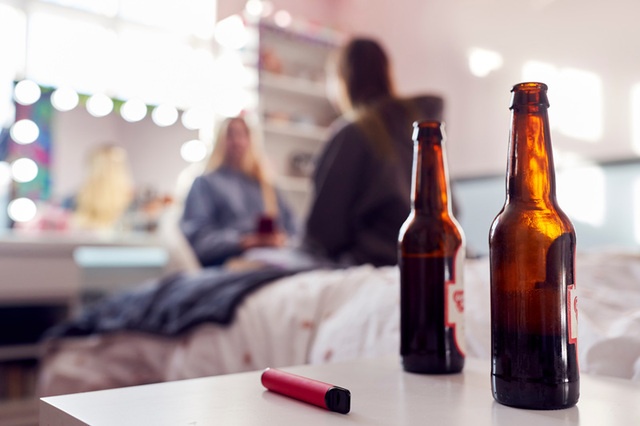
Substance use is a significant issue among young people.
It's crucial to understand the consequences of substance use. Knowing and communicating the impacts substances have on your body, mind, social interactions, and academic performance can help you make informed decisions about substances.
Vaping
Vaping is marketed as a safer alternative to smoking, but it can pose significant risks to your health.
Alcohol
Underage drinking can have serious consequences, from impaired judgment to long-term brain development risks.
Cannabis
Cannabis products are becoming legal in many states across the country. But it's important to make informed decisions about the drug and it's psychoactive effects. Do not assume it's safe just because it's legal.
Opioids
Opioids are especially harmful for developing brains and bodies. Learn how using could impact you.
Substance Use Disorder
Substance use disorder (SUD) affects a person's brain and behavior in a way that makes them unable to control their use of substances. Being aware of the symptoms or effects of SUD can help you keep yourself and the people around you safe.
Knowing the signs and consequences can help prevent or delay youth substance use.
Signs a teen may be using substances
Recognizing early signs of substance use can help prevent long-term issues. While changes in behavior are common during adolescence, persistent or drastic shifts may indicate a deeper concern. Here are some warning signs to watch for:
- Changes in mood or behavior: increased secrecy, defensiveness, or sudden mood swings.
- Declining academic performance: drop in grades, skipping school, or loss of interest in school activities.
- Physical signs: bloodshot eyes, frequent nosebleeds, unusual smells on clothing or breath, or changes in energy levels.
- Social shifts: new friend groups, avoiding family time, or sudden isolation.
- Missing money or items: unexplained loss of money, valuables, or prescription medications.
- Risky or reckless behavior: more frequent rule-breaking, legal trouble, or engaging in unsafe activities.
If you’re concerned, start an open and non-judgmental conversation with your teen. Express your observations, offer support, and seek professional guidance if needed. Early intervention can make a huge difference in preventing long-term substance use issues.
Legal consequences of underage substance use
Experimenting with substances can come with serious legal consequences, in addition to increasing the risk of addiction. In most states, underage possession or consumption of alcohol, marijuana, or other substances can lead to fines, community service, or even suspension of a driver’s license. This is in addition to consequences at school as well, including suspension from school, sport, and other extracurriculars. Additionally, supplying substances to minors—even unknowingly—can result in criminal charges.
For more severe cases, certain offenses (such as DUIs or drug-related incidents) can have lasting legal records that impact future job opportunities, college admissions, and financial aid eligibility. Your choices now can affect your future freedom, education, and career paths.
You are not alone. Resources are available for support.
If you or someone you know is abusing substances, you are not alone - there are several resources to help! Below are a few places to start. More mental health resources here.

